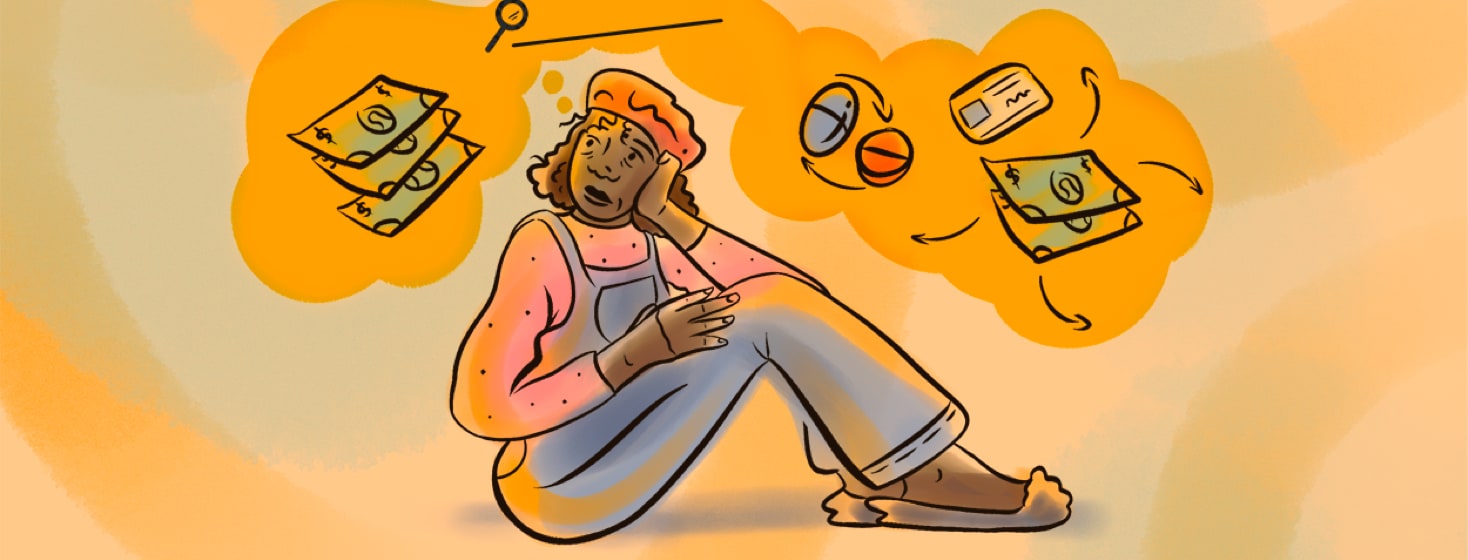Financial Management For Chronic Kidney Disease
I never expected to go through the journey of managing chronic kidney disease (CKD). This is accompanied by several unexpected medical difficulties and financial concerns. For me, it is crucial to understand the financial implications of CKD. I just retired and realized there is a lot that retired people have to deal with, that is unless you have deep pockets.
Understanding the medical costs associated with CKD
For me, first and foremost, it has been crucial to understand the associated medical expenses. I have several chronic illnesses, so adding on another one is not pretty. We must deal with regular doctor visits, medications, and lab testing. So many people must deal with dialysis or transplants. These are necessary treatments for CKD patients.
Oh, trust me, these costs add up very quickly. I started by reviewing my health insurance coverage to understand what was covered and what wasn't. I just wanted to know the scope of my coverage. This helped me improve my ability to budget for medical costs.
Budgeting for medication is a crucial financial part of controlling CKD. The management of CKD may require the use of medications. However, doing so can be expensive when you have to budget for several medications. I discussed this carefully with my healthcare team. Some of us have to create a cost-efficient budget whenever possible.
Trying to cut costs
To cut costs, I also looked into prescription assistance programs and searched for generic versions of drugs. It has been essential for me to examine my health insurance coverage regularly. Insurance policies might change, and CKD can be a chronic ailment.
I've made it a routine to check for any changes to my coverage. This includes out-of-pocket costs or prescription drug coverage. These can literally bankrupt you. I take the time to evaluate many plan alternatives during open enrollment periods. Choose the one that offers the best protection for my CKD needs.
Featured Forum
View all responsesIt has also been essential for me to seek financial aid. Due to the expensive nature of some treatments, these can create financial difficulties. I've investigated financial help programs provided by pharmaceutical firms. Such as government aid programs, and charitable organizations for those with chronic illnesses. The sad part is that you must be destitute to qualify for some of these programs.
These initiatives have been crucial in helping to pay co-pays. Creating an emergency reserve has been another way to save. Having some money set aside for CKD-related emergencies or unforeseen medical costs has given me peace of mind.
Talk with your medical team about costs
Over time, even modest amounts can pile up and serve as a safety net. The benefits of speaking with a financial advisor could be enormous for us. These experts can aid in developing a personalized financial plan. This includes handling debt, and savings decisions. You don’t have to have a big bank account to use them.
Another financial solution is researching potential tax credits and deductions related to medical expenses. Some medical costs, including co-pays, travel to doctor's appointments, and house improvements, can be tax deductible.
It's crucial to keep lines of communication open with your medical team about any financial difficulties. They might be able to suggest cost-cutting measures and different treatment options. They can put you in touch with organizations to assist with money management.
Don’t be ashamed to ask for help. I worked for 48 years, retired with a pension, and got social security. In today’s economy, it’s still not enough. Remember you are not alone.
This or That
Are you satisfied with your current CKD treatment plan?

Join the conversation